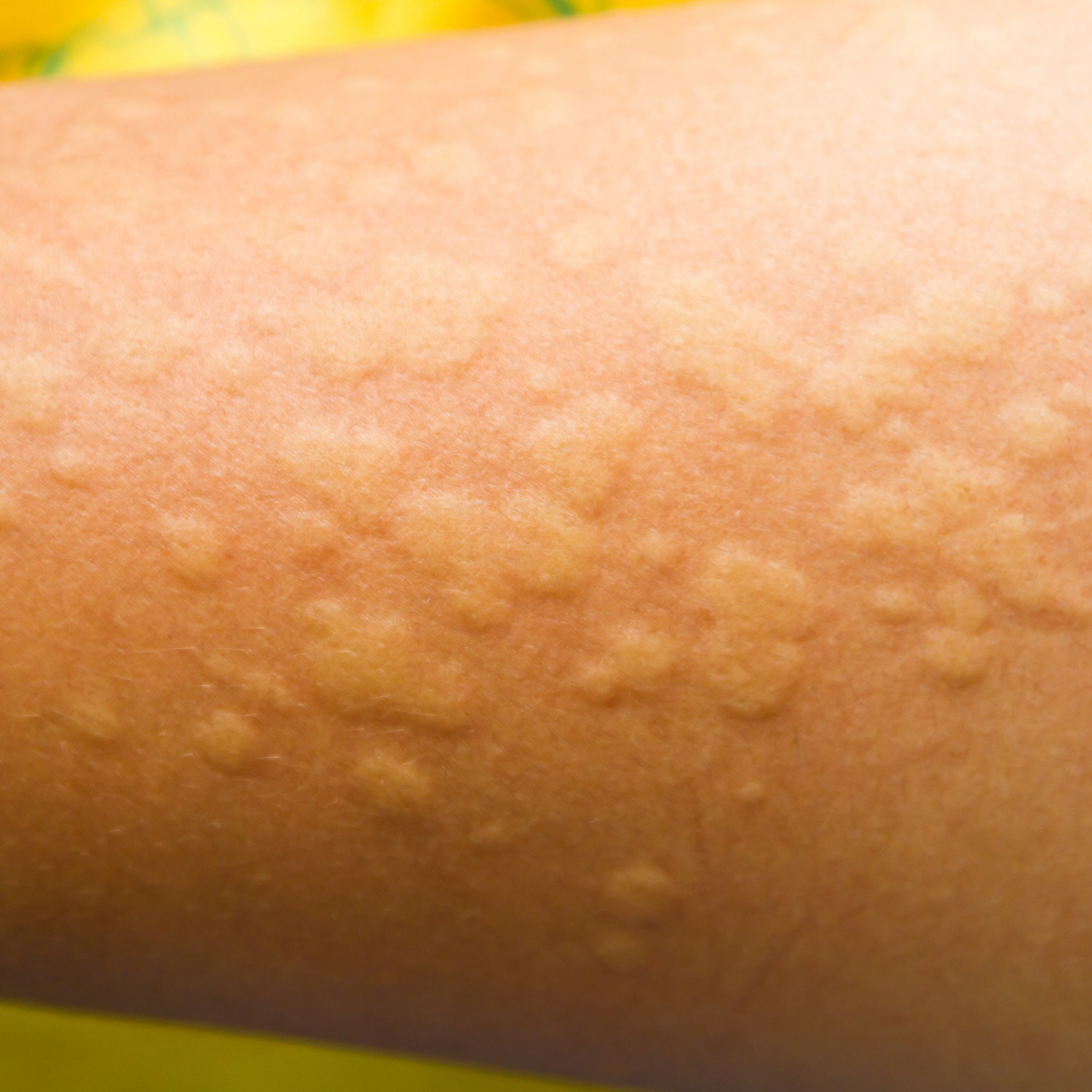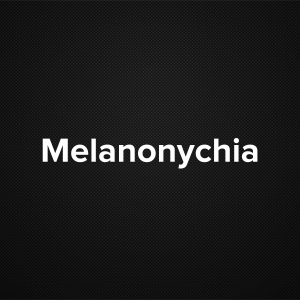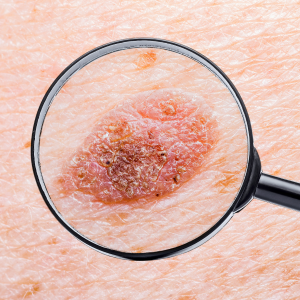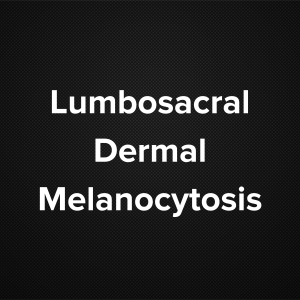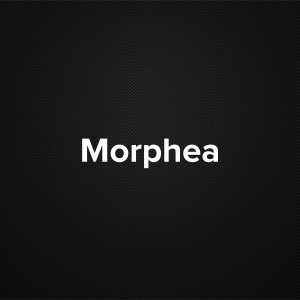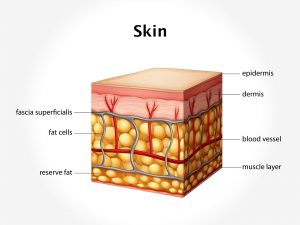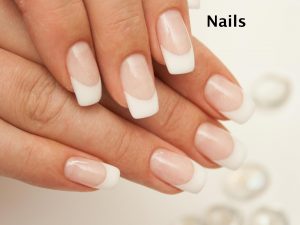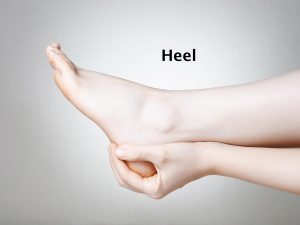Causes and risk factors
Pressure urticaria is caused due to application of pressure. Application of pressure on wearing tight clothes or sitting on hard surfaces or that caused due to standing and walking can lead to urticaria. Application of heat, intake of aspirin, and during menstruation the complaints seem to be aggravated. Apart from pressure vibration, electromagnetic waves can also contribute to its causation. The exact cause is still not known.
Clinical presentation:
Pressure urticaria in most of the cases is associated with chronic urticaria. Complaints are commonly seen on hand, feet, trunk, and buttock or in lower extremities. Face can also be affected. The complaints either appear immediately after application of pressure or appear 4-6 hours later. This is known as delayed pressure urticaria. The patient complains of reddish appearance of the skin. They present as patches of wheals singularly or in groups. Small raised eruptions which are red in color can occur. Intense itching is another symptom which the patients can complain of, resulting in edema of the surrounding tissue known as angioedema. The size and shape of the skin lesion may vary from person to person. Burning sensation or soreness is experienced. Periodicity can be seen. The complaints resolve in some time or can remain as long as 72 hours.
Investigations:
Diagnosis can be done on the basis of the symptoms narrated by the patient and the physical examination carried out by the doctor. The detail history taken from the patient will help the doctor to evaluate the cause. Pressure challenge test is done. Routine blood test along with allergy test can be done to rule out other cause or allergies.
Treatment:
Avoidance of the triggering factors is the main line of treatment. Antihistaminic or steroid medications are advised by the doctor. In some cases, corticosteroid medications or topical applications are advised. Along with this, anti-immunoglobulin E therapy can also be given in combination.
Other modes of treatment:
Certain other modes of treatment can also be helpful in coping up the symptom. Taking into consideration the symptoms in a holistic way, homoeopathy can offer a good aid for the relief of the symptoms.
